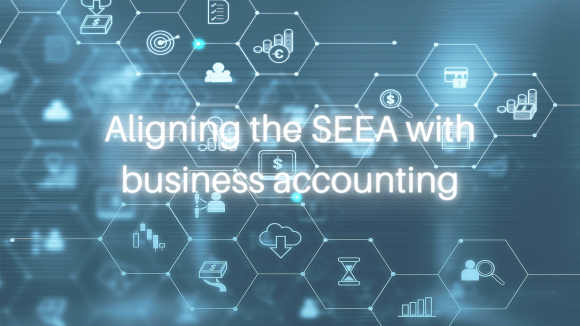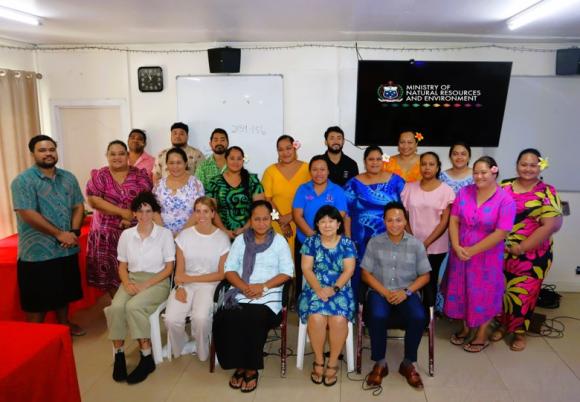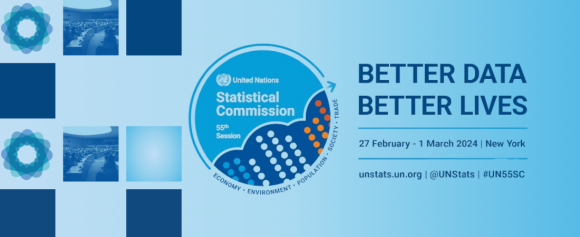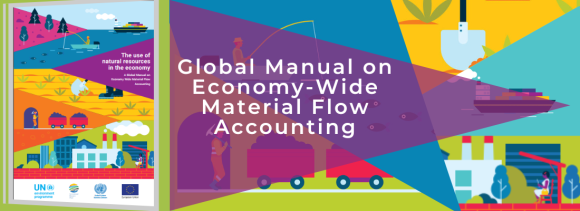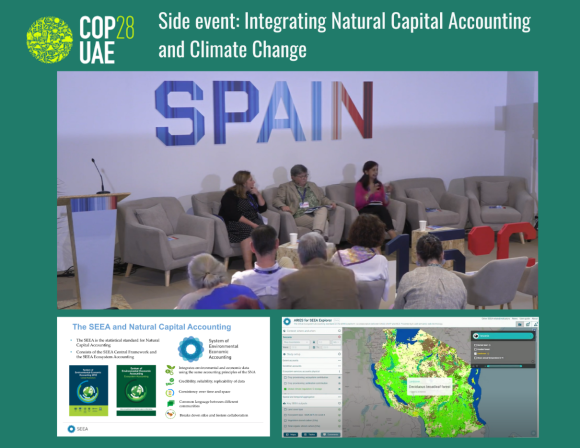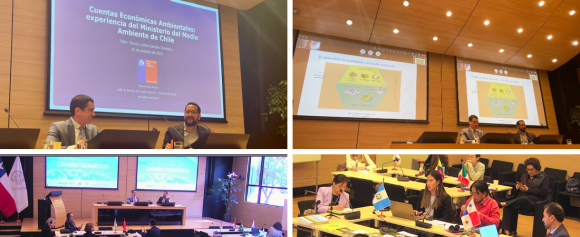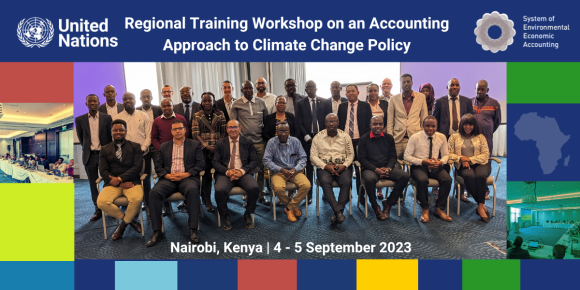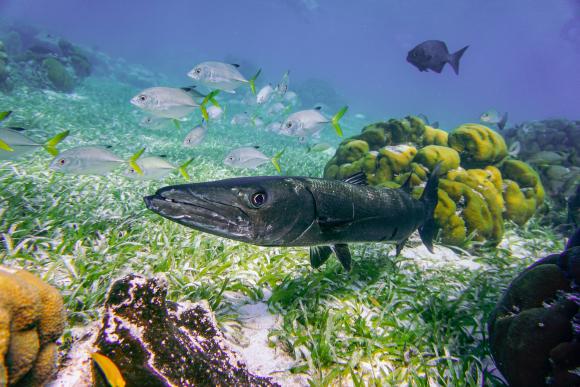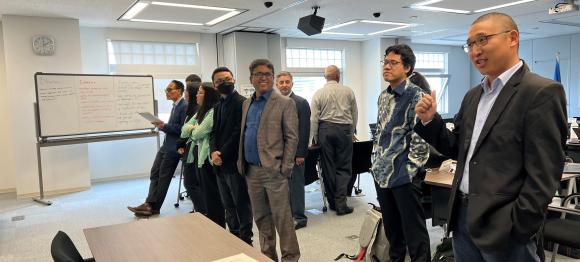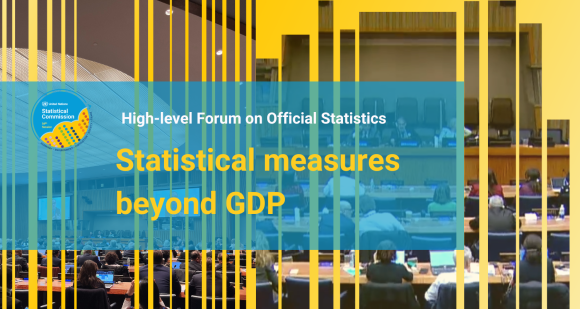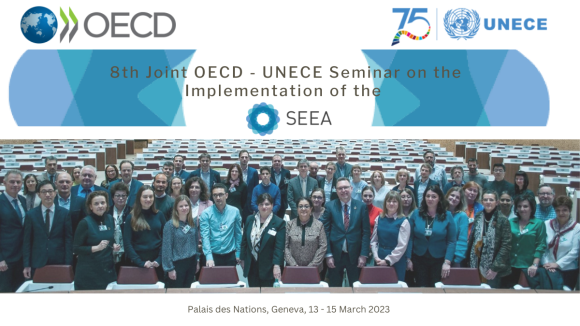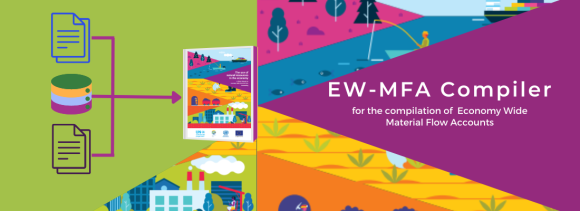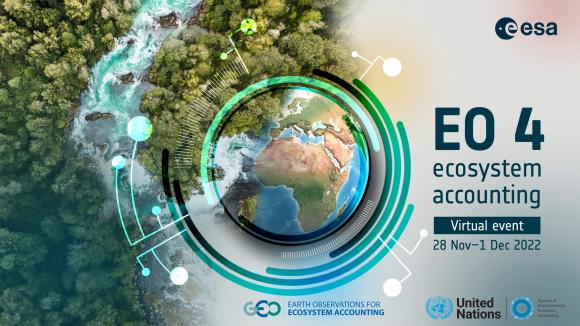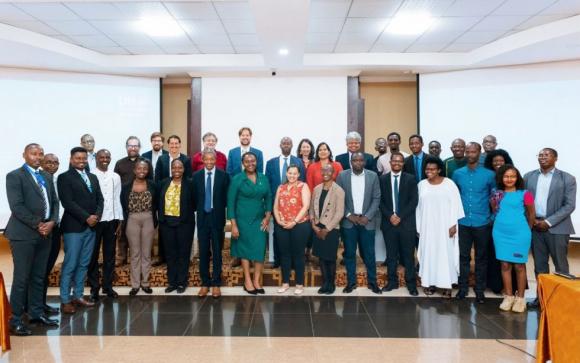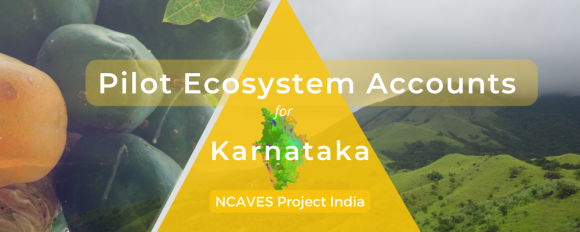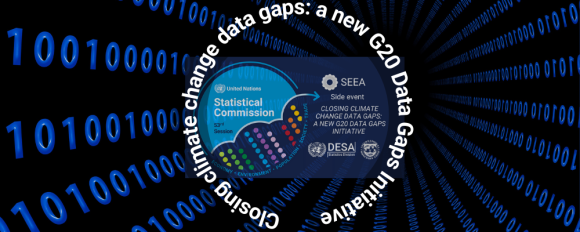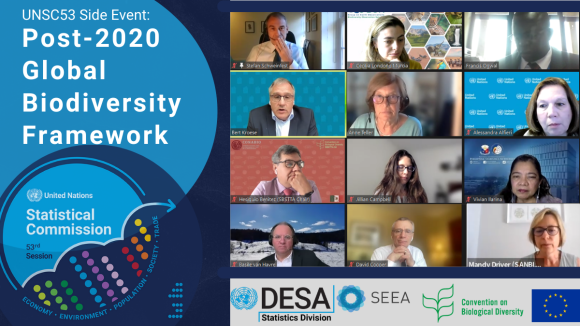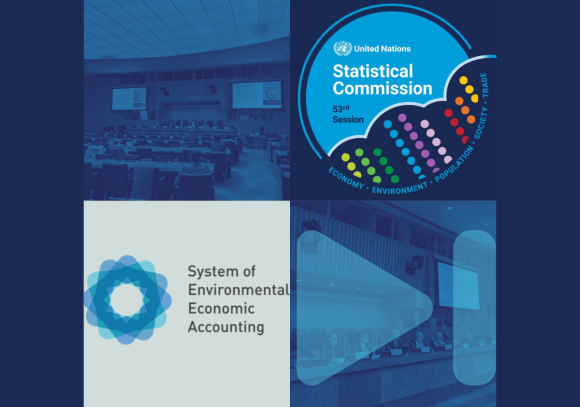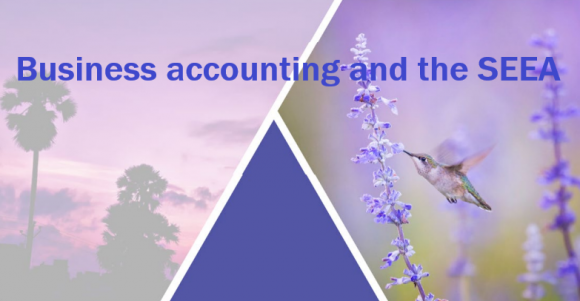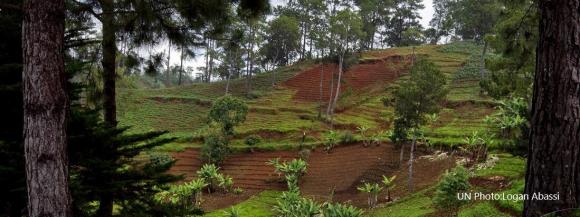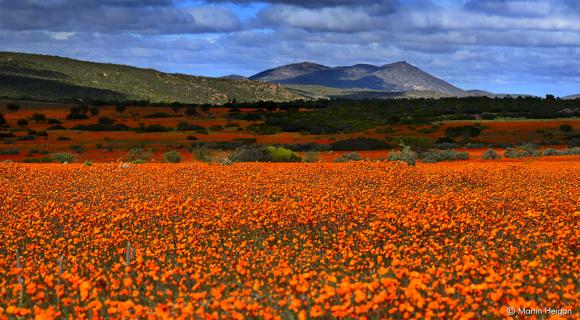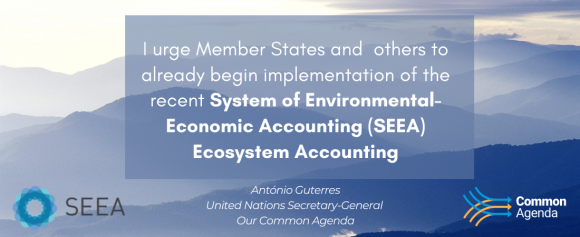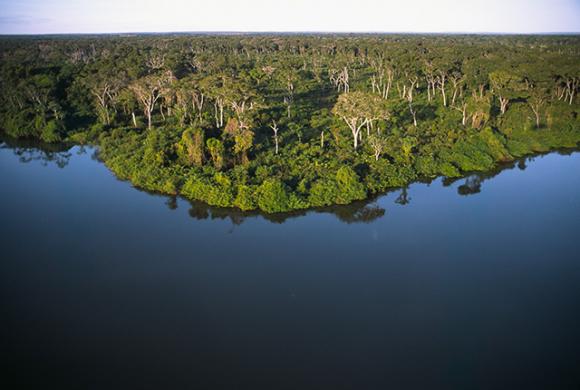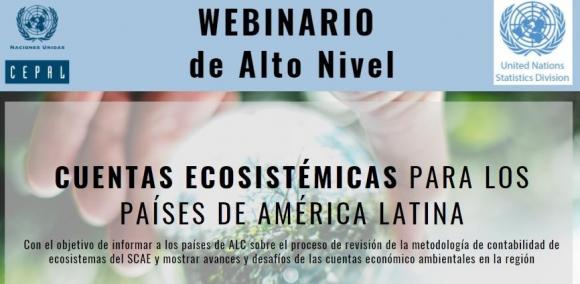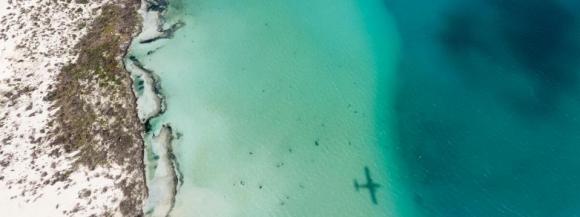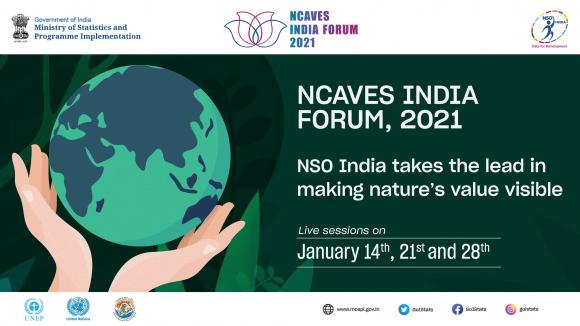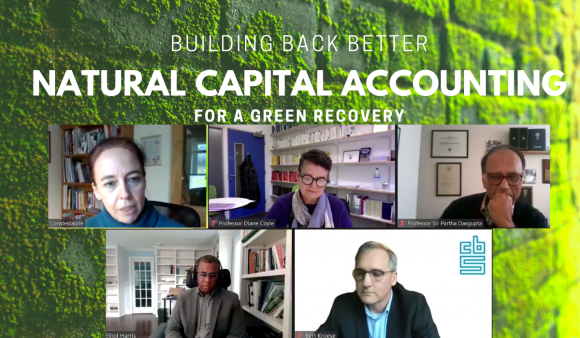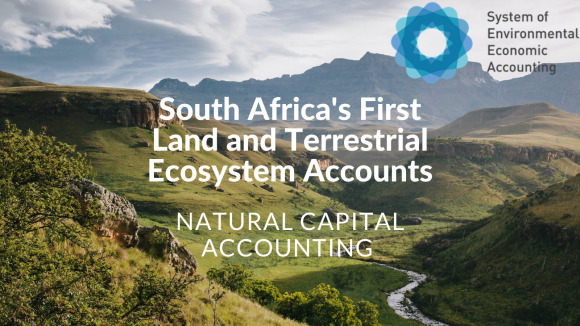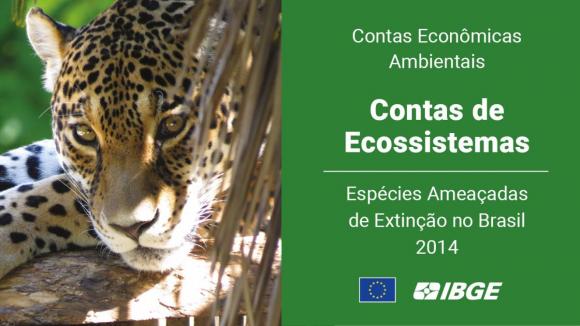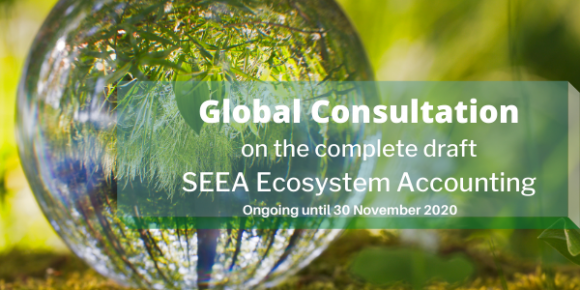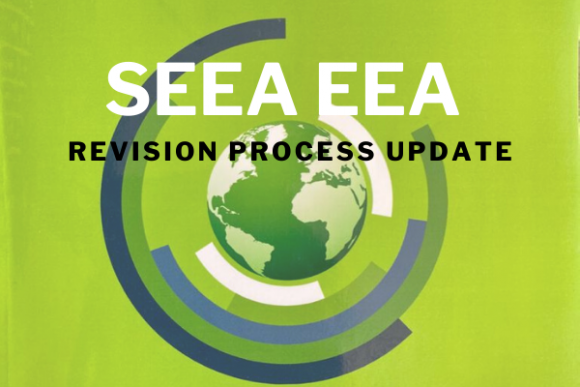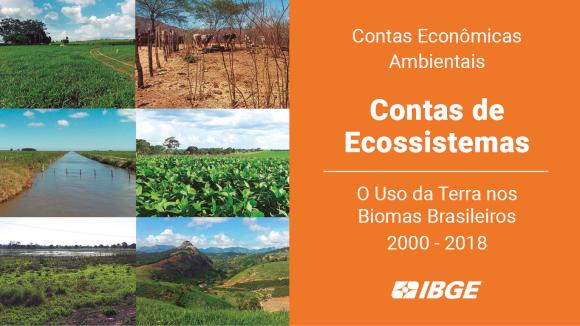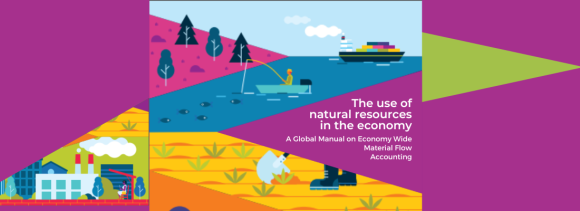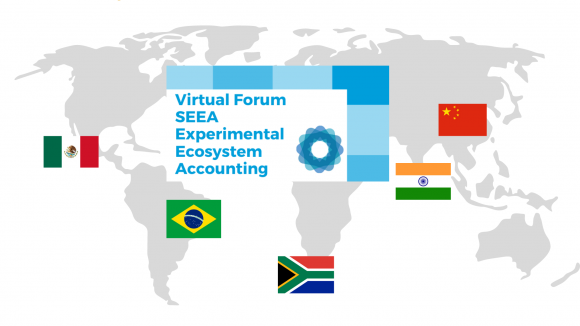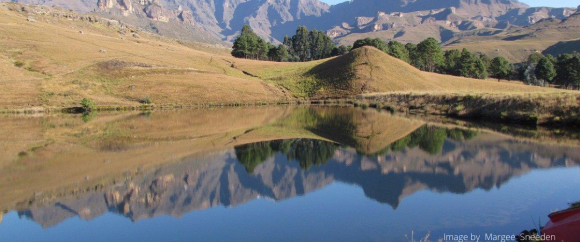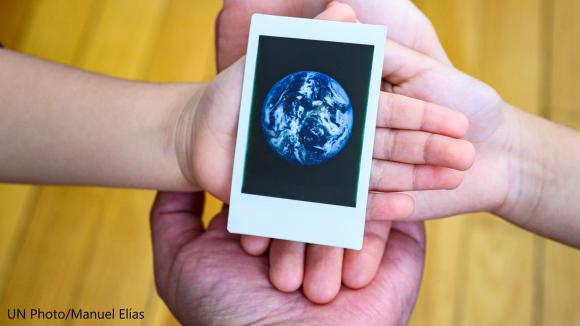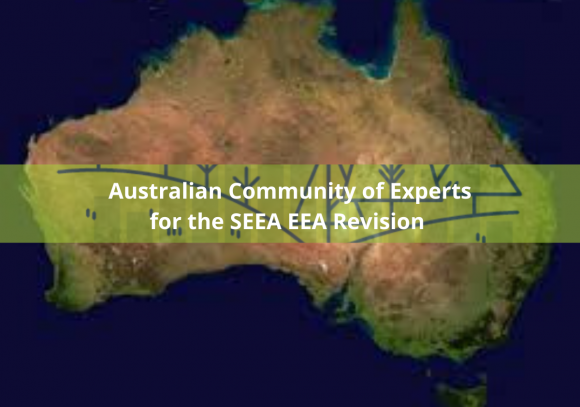One of the major outcomes of the 15th Meeting of the UN Committee of Experts on Environmental-Economic Accounting (UNCEEA) was the Committee’s support for aligning public and private sector approaches to accounting for the environment and ecosystems.
Latest SEEA news
The third National Natural Capital Accounting (NCA) Forum, held on 7 and 8 August 2024 in Pretoria, South Africa, brought together a vibrant community of practitioners, policymakers and stakeholders dedicated to advancing NCA in South Africa.
Resource corner, SEEA News and Notes: Issue 26
The Capacity Building Workshop on Ocean Accounting took place in Apia, Samoa from 12 to 14 March 2024.
Every year, the annual session of the UN Statistical Commission provides an opportunity for the UN UNCEEA to share its progress and plans for the future with the highest body of the global statistical system. This year, the 55th Session of the UNSC will take place in New York, from 27 February to 1 March 2024.
Following the adoption of the Kunming-Montreal Global Biodiversity Framework (GBF) by the Conference of the Parties (COP 15) in December 2022, the Ad Hoc Technical Expert Group (AHTEG)
In 2023, UNEP, in close collaboration with the Commonwealth Scientific and Industrial Research Organisation (CSIRO), revised the
On 9 December 2023, during #COP28
The objective of the DGI is to encourage economies to provide data to assist policymakers in addressing the most relevant policy needs and filling critical data gaps. The DGI-3 focus in filing the data gaps in addressing climate change, financial innovation, and inclusive growth.
On 19 December 2023, Eurostat launched a data collection on ecosystem extent accounts for countries that are part of the European Statistical System (ESS).
A side event on “Integrating Natural Capital Accounting and Climate Change” was organized by the Basque Centre for Climate Change (BC3) during the UN Climate Change Conference COP28 in Dubai on Sunday, 3 December 2023.
An “Inter-regional workshop on climate change: The contribution of Supreme Audit Institutions” was jointly organized by the Federal Court of Accounts of Brazil, the General Comptroller of Chile, and UNDESA in Santiago (Chile) on 23-25 October 2023.
In conjunction with the second African Natural Capital Accounting Policy Forum, the UN Statisticas Division (UNSD) organized a Regional Training Workshop on an Accounting Approach to Climate Change Policy on 4-5 September in Nairobi, Kenya. Climate change is one of the most pressing policy issues for many African countries given its wide-ranging impacts on well-being.
The African Natural Capital Accounting Policy Forum convened a diverse group of more than 120 government representatives from national statistical office and various agencies and ministries hailing from 30 countries across the African continent. The forum, which took place from 6th to 7th September 2023 in Nairobi, Kenya, yielded the Nairobi Declaration Statement and Call to Action as its most significant outcome.
On 18 September 2023, the Taskforce on Nature-related Financial Disc
In this article we present the latest updates on ocean accounts contributed by the Global Ocean Accounts Partnership (GOAP)
In April 2023, the UN Statistics Division and UN Statistical Institute for Asia and the Pacific, with support of the Government of Japan, held a regional training workshop in Chiba on using the SEEA in support of climate chagne policy.
Statistical Measures Beyond GDP was the topic of this year High-level Forum on Official Statistics, organized every year at the margins of the UN Statistical Commission.
The 8th Joint OECD/UNECE Seminar on the Implementation of SEEA was held at the Palais des Nations in Geneva, Switzerland, from 13-15 March 2023. English-Russian interpretation was provided.
In March 2023, UNEP published the Compiler for Economy-Wide Material Flow Accounts. The EW-MFA Compiler was developed by UNEP in consultation with the Commonwealth Scientific and Industrial Research Organisation (CSIRO) to support countries in building Economy-Wide Material Flow Accounts.
The European Space Agency (ESA), the Environmental-Economic Accounts section of the United Nations Statistics Division (UNSD) and the Earth Observation for Ecosystem Accounts initiative of the
In order to support the uptake of the SEEA EA in Africa, a training programme on the ARIES for SEEA was held in Kigali, Rwanda from 18-22 July 2022.
As part of the NCAVES project, in parallel to the development of national level ecosystem accounts, a detailed and comprehensive set of ecosystem extent, condition and ecosystem services accounts have been piloted in India at the subnational level for the State of Karnataka.
On 23 February, more than 120 participants joined the virtual side event of the 53rd Session of the UN Statistical Commission, “Closing Climate Change Data Gaps: A New G20 Data Gaps Initiative”.
This high-level side event brought together the statistical and biodiversity communities to discuss the role of national statistical offices on biodiversity monitoring.
The Group on Earth Observation (GEO) held its annual GEO Week from November 23rd to 26th, bringing together representatives and experts from over 100 countries around the world to discuss the role of Earth observation (EO) in achieving ambitious global targets.
Early next year, the 53rd UN Statistical Commission will take place from 1-4 March 2022. The Commission provides an opportunity for the UNCEEA to inform the wider statistical community of the progress it has made over the past year and what lies ahead.
UNSD has released two case studies which assess alignment between existing private sector natural capital accounting approaches and the SEEA. The case studies focus on a Holcim subsidiary in India and a Holcim quarry site in Spain.
The use of GDP has been criticized since its inception given its shortcomings when it comes to the environment. While the creation of "green GDP" failed to take off in the 1990s, the international community has made a new start in integrating the environment into GDP.
On Monday 4 October 2021, South Africa launched the publication Accounts for Protected Areas, 1900 to 2020. The publication was issued by Statistics South Africa in collaboration with the South African National Biodiversity Institute and the Department of Forestry, Fisheries and the Environment.
On 10 September 2021, UN Secretary-General Antonio Guterres released the “Our Common Agenda” report, which looks ahead to the next 25 years and represents the Secretary-General’s vision on the future of global cooperation and multilateralism.
The latest updates in the development of SEEA accounts in Africa and Asia: High-level launch of the project in Malaysia, land accounting in the Phillipines and a technical workshop with ARIES in Senegal.
IBGE – the Brazilian Institute of Geography and Statistics released on 28 April another experimental ecosystem accounting study.
The high-level webinar on the SEEA EA for countries in Latin America took place on Thursday, 4 February 2021. The Webinar was co-organized by the UN-ECLAC Statistics Division and the UN Statistics Division (UNSD) and was attended by over 117 participants, including 5 heads of NSOs, from 16 countries in Latin America.
Two side events were recently organized by the SEEA community during the 52nd session of the United Nations Statistical Commission: (1) From experimental ocean accounts to SEEA-Ocean; and (2) High Level Discussion on Measuring the Sustainability of Tourism.
Held over three days, the NCAVES India Forum 2021 was the culmination of the impressive work undertaken in India following the SEEA Ecosystem Accounting as part of the three-year E.U.-funded NCAVES project.
The year 2020 has been unlike any other. Yet, as countries look towards 2021 and begin their recoveries from the pandemic, there is growing recognition that new measures are needed to move beyond GDP, and towards a system that considers all of humanity’s assets—natural, human, social and institutional.
Pretoria, South Africa, 2 December 2020 - Today South Africa launches its first ecosystem accounts at national level, under the publication, Land and Terrestrial Ecosystem Accounts, 1990 to 2014.
IBGE recently released ecosystem accounts for threatened species in Brazil, as part of the EU-funded Natural Capital Accounting and Valuation of Ecosystem Services project.
The global consultation on the complete draft of the System Environmental-Economic Accounting—Ecosystem Accounting (SEEA EA) has been launched and is ongoing until the end of November 2020.
Since the last update on the SEEA EEA revision process in August 2020 all of the chapters of the revised SEEA EA have been drafted and the complete draft has been submitted for the second global consultation.
NSO India published its third annual report on environmental-economic accounts, on 30th September, 2020 formally titled “EnviStats India 2020 Vol. II - Environment Accounts”.
Brazil recently released ecosystem extent accounts for 2000-2018, which show that Brazilian terrestrial biomes lost about 500 thousand km2 of their natural areas.
The global material footprint is growing rapidly, outpacing population and economic growth. Material footprint entails the volume of biomass, metals, non-metallic minerals and fossil fuels that we extract. Materials fuel our economies and underpin human development and well-being. The global extraction of these materials has more than tripled since 1970 and continues to grow at an accelerated rate.
For the third consecutive year, as part of the NCAVES project, Brazil, China, India, Mexico and South Africa presented the progress made in piloting ecosystem accounts, during the first two sessions of the 2020 Virtual Forum of Experts in SEEA Experimental Ecosystem Accounting.
A new pilot study of ecosystem accounting in South Africa maps, measures and values a suite of ecosystem services for the province of KwaZulu-Natal.
The first global consultation on individual chapters of the revised SEEA EEA was launched.
Australia, an international leader in the development of ecosystem accounting, has strong domestic support for the SEEA EEA Revision process. Australian scientists and other members of its academic community participate actively in the technical working groups that have been developed to inform the revised standards.

